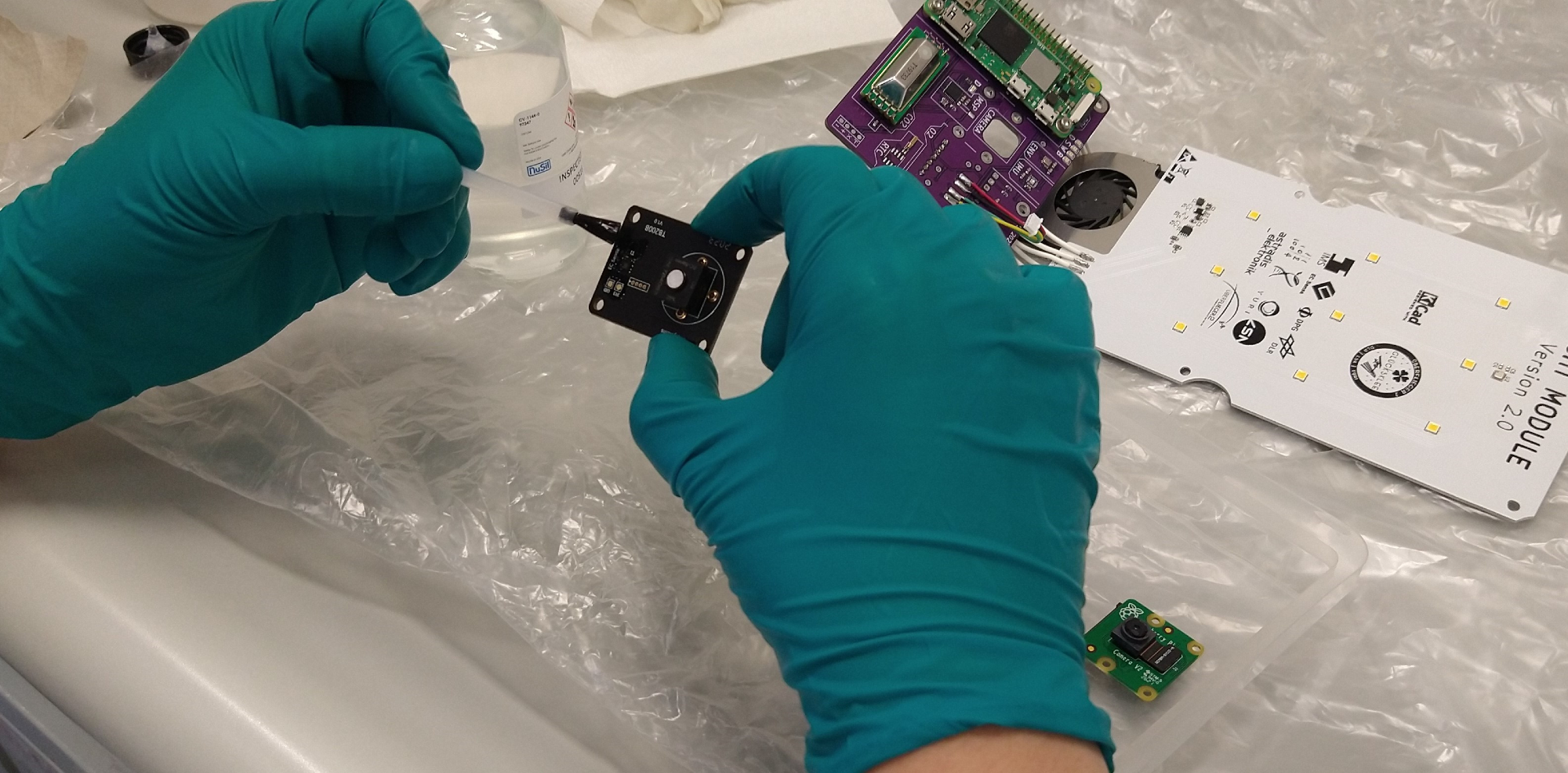EC Sense's TB200B-ES1-O2-25% Oxygen Gas Sensor Module was sent into space as a part of an experiment by German students.
 Image Credit: EC Sense
Image Credit: EC Sense
Students from the Leibniz University of Hannover were selected to send their experiment into space to the International Space Station ISS. The spaceshuttle launched on March 15th, 2023 with the Glücksklee experiment and EC Sense’s oxygen sensor on board.
The goal of the experiment is to study the symbiosis between clover plants and rhizobia bacteria in microgravity. The symbiosis between the plant and the bacterium leads to self-fertilization. Gravity normally plays a major role in plant growth. Therefore, the team will test self-fertilization and growth under space conditions.
To this end, the plants will grow on the ISS for 30 days and will be constantly monitored during this time with various sensors. Among other things, oxygen levels will be monitored with the TB200B-ES1- O2-25% gas sensor.
The clover was chosen not only as a symbol of luck, but also because it belongs to the legume plant family, which also includes peas and lentils. These foods are rich in protein, which is necessary during long space missions, such as a mission to Mars, to provide astronauts with a source of nutrition.
We are pleased to have been able to support such bright young minds on such an important forwardlooking topic.
Sources:
- https://www.sueddeutsche.de/wissen/forschung-hannover-experimente-deutscher-studierenderfliegen-ins-all-dpa.urn-newsml-dpa-com-20090101-230310-99-900381
- https://www.tagesschau.de/wissen/forschung/gluecksklee-weltraum-101.html
- https://www.tagesschau.de/ausland/dragon-space-x-iss-deutsche-studenten-experimente-101.html
- https://gluecksklee.space/media